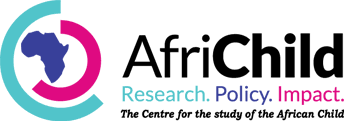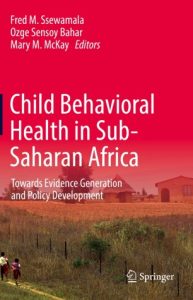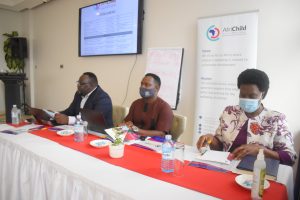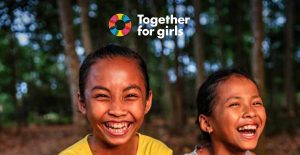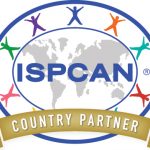Denis Nono, Research Manager AfriChild shared his experience on the importance of building partnerships in research. He drew experience from the “Randomised Control Trial of enhanced Child Friendly Space interventions for girls and boys affected by conflict and displacement” study being undertaken by AfriChild in Arua.
Speaking at the Forum, Denis said that South – North research partnerships has helped strengthen the capacity of researchers involved in the project.
“When people are brought together in a team, you learn from one another. Partnerships build a pool of strong study investigators with a strong leadership structure.”
He decried the technological gap between the global North and South which creates challenges in communication. He noted that despite these challenges, progress has been made.
This was at the R2HC Research Forum which brought together 120 humanitarian health researchers, practitioners and key stakeholders at Royal Holloway University, London recently.
The purpose of the two-day event was to foster exchange of cross-cutting evidence and knowledge generated from within the humanitarian health research community, and to identify actionable recommendations to overcome common challenges to enhance the quality and effectiveness of humanitarian health research.
In an effort to address the growing need for an evidence base for Child Friendly Spaces, World Vision Uganda, World Vision International and World Vision, UK is partnering with Columbia University and the AfriChild Centre, Makerere University in a joint research and learning project.
The focus is on documenting the impact of CFSs on children’s social and emotional well-being, sense of security and protection and where appropriate – acquisition of skills and competences. The project is implemented in Arua, West Nile region, Uganda.
Watch video https://vimeo.com/375876840?ref
